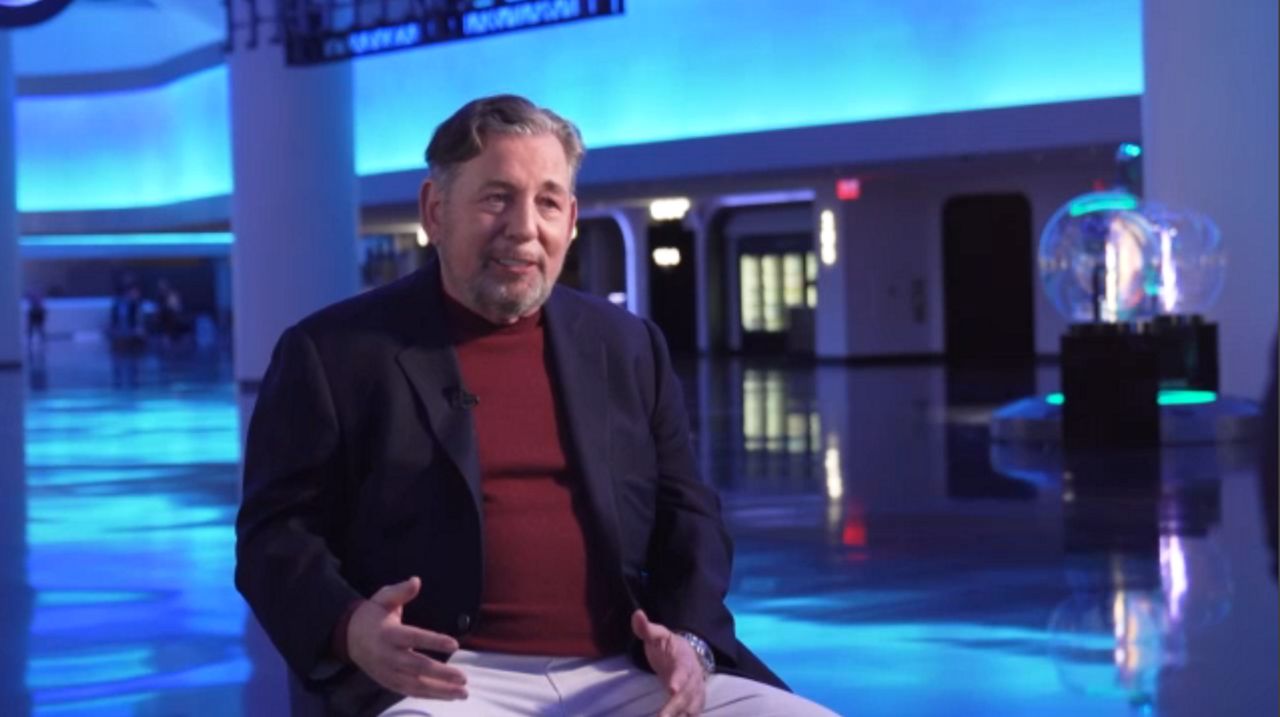In the Netherlands, a majority of parties want the royal family to pay taxes. An agreement could also inspire Belgian politics, because our monarchy costs a lot more per citizen. ‘The grant for Laurent and Astrid? The Prime Minister said at the time that that was a mistake.’
Paul Notelteirs19 January 2024, 18:34
Despite their almost Homeric talent for cutting ribbons and standing on cookie boxes, rumor has it that even royals are mere mortals. It is a form of slander that will cost the Dutch monarchy dearly: for the first time in parliamentary history, there is a two-thirds majority in the House of Representatives to put an end to the favorable tax regime for the Oranges. The royal family currently pays no wage or income tax and that feels quite unpleasant to citizens who are not blessed with a few liters of blue blood.
“Whether you are king, work in healthcare or construction, you just pay taxes,” suggested MP Senna Maatoug (GroenLinks-PvdA). A call that even the election winner PVV, usually not the loudest voice in debates on equality, endorsed.
Energy bill
When it rains in Amsterdam, it drips in Brussels. After all, we too are calling for some restrictions on the flow of money to the royal family. A comparison between the two countries shows that thrifty Belgians have even more reasons to play with republican fantasies deep down. The Dutch monarchy will cost taxpayers 55.9 million euros this year, in Belgium the figure is 43.3 million euros. Since our country is smaller, that amount weighs more heavily on the budget. This year, 3.7 euros will flow to Laeken for every Belgian, while in the Netherlands this is only 3.1 euros.
“Yet you have to be careful when comparing those figures between different countries,” says royalty expert at Het Laatste Nieuws Wim Dehandschieter. Different tax rules apply to some royal families and they do not always include the same costs in their central budget.
Anyone who looks purely at the grants, for example, will notice a significant difference between the Netherlands and Belgium. Willem-Alexander and Máxima receive the not unreasonable amount of 8 million euros, Princess Beatrix has to make do with 1.8 million euros. On the other hand, it seems as if King Philip wins the jackpot with his tax-free operating budget of 15 million euros, but he also has to pay a large part of his staff with that income, organize activities and pay energy bills.
These are accounts that the Oranges settle with money from another pot: they receive a budget of 36.7 million euros for so-called functional expenses. This also concerns personnel costs and investments in equipment. Both the Belgian and the Dutch crown princesses will refund their benefits until they can carry out more official activities.
The Dutch monarchy saves money by not granting Willem-Alexander’s brother a grant. With us, Princess Astrid and Prince Laurent receive 404,000 euros and 388,000 euros respectively. “When Albert was asked to become king in 1993, he secured these grants during negotiations with Jean-Luc Dehaene. The Prime Minister later said it was a mistake he made in the heat of the moment. Their grant is an exception,” says Dehandschieter.
It is an original sin that certain members of the royal family themselves seem to be annoyed by, although with the exception of Filip, they do pay income tax. Laurent in particular carries his check on his shoulders like a modern Atlas and never misses an opportunity to tell the media that he would rather hand over the money. At least this way he would be free from the inveterate meddling of Belgian politics. A medal for courage and self-sacrifice seems appropriate.
Financing a royal family costs a pretty penny, but Dehandschieter points out that it also benefits the population. For example, during state visits abroad, the presence of the royal couple can open some doors for the accompanying business leaders and CEOs. “It certainly works well in other monarchies, but it is also highly regarded in Asia and the Middle East.”
Financial scandal
In addition to this economic added value, a monarch can also weigh in on diplomatic negotiations. For example, during the negotiations about the release of Olivier Vandecasteele from Iran, King Philippe contacted the Sultan of Oman, the country where the exchange would take place. These more subtle methods are never noted in economic reports, but they do make a difference.
“Willem-Alexander is sometimes called the holiday king because he stays abroad so often,” says Dehandschieter. Then Filip, who also plays a role in government formation, has a more active role.
While the monarchies in the Netherlands and Belgium remain relatively expensive, countries such as Denmark, Sweden or Spain show that things can be done differently. When Spanish King Felipe came to power, he immediately reduced the monarchy’s operating resources. This also had to do with a financial scandal surrounding his father, Juan Carlos, and with the limited popularity of the royal family in Spain. After all, in a country where various republican groups are already striving for autonomy, it is wisest not to let it hang too widely.
Also read
2024-01-19 17:34:38
#Netherlands #trim #royal #family #financially #Filip #plays #active #role


